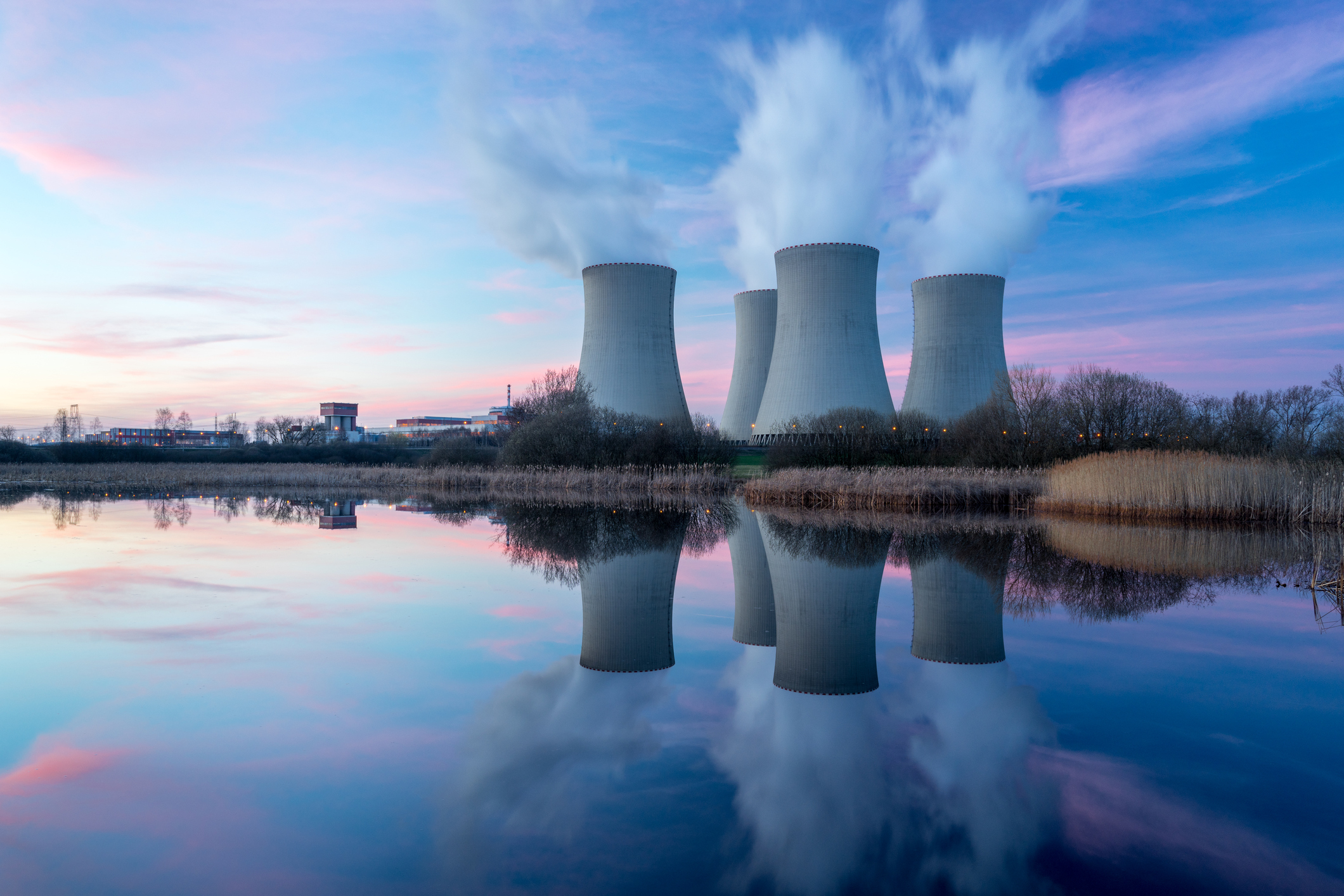With the market's rampant interest in artificial intelligence (AI), investors have begun to pay greater mind to nuclear energy stocks and, with them, nuclear energy exchange-traded funds (ETFs). For investors who don't closely follow the AI industry, the connection between AI and nuclear energy may seem odd. But the reason is simple. AI computing places considerable power demands on the electrical grid -- a problem that many believe can be ameliorated by data centers' embrace of nuclear energy.
Experts believe that the sizable power demands that AI is causing will continue to escalate. According to consulting firm McKinsey, demand for AI-ready data center capacity could rise at an average annual rate of 33 percent between 2023 and 2030."
Artificial Intelligence
To put in perspective the growing size of data centers, consider the fact that Oracle (ORCL +1.16%) chairman and chief technology officer Larry Ellison stated on the company's first quarter 2025 conference call that it's developing an 800-megawatt (MW) data center that "will contain acres of Nvidia (NVDA +2.26%) GP clusters able to train the world's largest AI models." Three small modular nuclear reactors (SMRs) are planned to power the data center. McKinsey estimates that the average data center size is 200 MW.
Government attention to nuclear energy is another factor motivating investors to take a closer look at this niche of the energy sector. Providing support for the nuclear industry, the Biden Administration developed a framework for the deployment of 200 gigawatts of net new nuclear energy capacity by 2050. The Trump administration has loosened regulations and called for 300 GW of nuclear power by 2050.

Understanding nuclear energy
While investors may recognize the strong attention that nuclear energy is receiving right now, many may still be unclear about what exactly nuclear energy entails. And since the best investors are well-informed investors, it's worth taking a quick look at how nuclear energy is used to generate electricity.
Essentially, nuclear energy results from two types of reactions: nuclear fission and nuclear fusion. Nuclear power plants generate electricity from nuclear fission, the process of splitting the nucleus of an atom into smaller parts, which results in the production of free neutrons and lighter nuclei, along with a large amount of energy. The process generates substantial amounts of heat, which is then used to produce steam for driving turbines connected to electricity generators.
Unlike burning fossil fuels, no carbon dioxide is produced when electricity is generated as a result of nuclear fission.
Three top nuclear energy ETFs to buy in 2025
While investing in individual nuclear energy stocks is certainly a valid approach, investors interested in mitigating risk may find nuclear energy ETFs more appealing since the downturn of an individual stock that's part of a fund will have a less ruinous effect on one's portfolio than investing in a single stock.
1. Global X Uranium ETF

NYSEMKT: URA
Key Data Points
2. Sprott Uranium Miners ETF

NYSEMKT: URNM
Key Data Points
3. VanEck Uranium and Nuclear ETF

NYSEMKT: NLR
Key Data Points
Related investing topics
Should you invest in nuclear energy?
Investors bullish on nuclear energy becoming a viable solution for powering data centers should remember that determining whether a nuclear energy investment is right for them transcends that one question.
Here are some of the potential benefits of a nuclear energy ETF investment:
- Exposure to a burgeoning growth industry
- Portfolio diversification
- Recognizing significant returns on your investments as the industry matures
- Mitigating the risk of investing in an individual nuclear stock
- Gaining exposure to a broad swath of companies that operate in the nuclear industry
Of course, there are also some risks that investors should recognize:
- Regulatory hurdles may preclude nuclear companies from flourishing.
- SMR developers may not achieve profitability for many years.
- Data center operators may choose different alternative energy sources, compromising the growth potential of SMR stocks.
- A nuclear energy accident could jeopardize the growing enthusiasm for the industry and imperil the growth of SMR companies.
From political opposition to the growth of nuclear power assets to the regulatory hurdles that companies must overcome to the significant capital required to develop nuclear power projects, it's hardly simple to bring new nuclear power assets online.
Consequently, investors should perform the necessary due diligence before clicking the buy button on a nuclear energy ETF -- due diligence that should also include the examination of other ETF opportunities, including AI ETFs and clean energy ETFs.